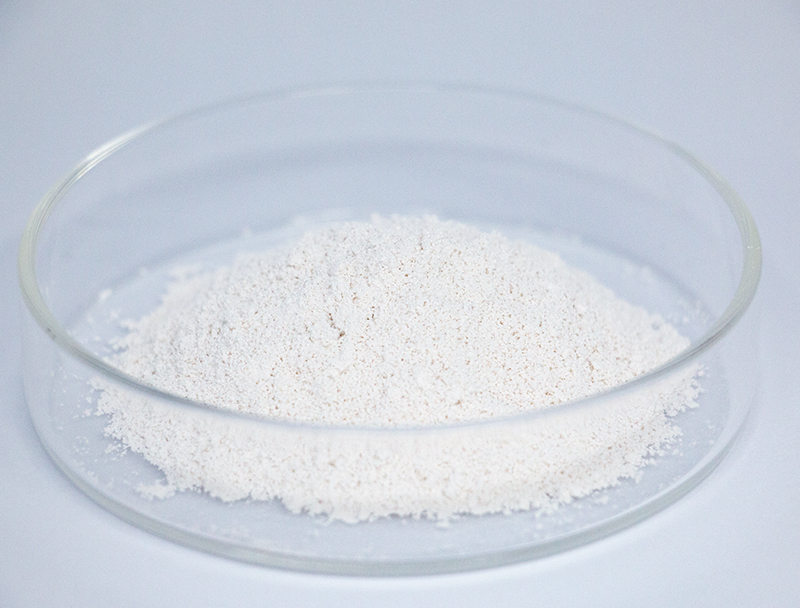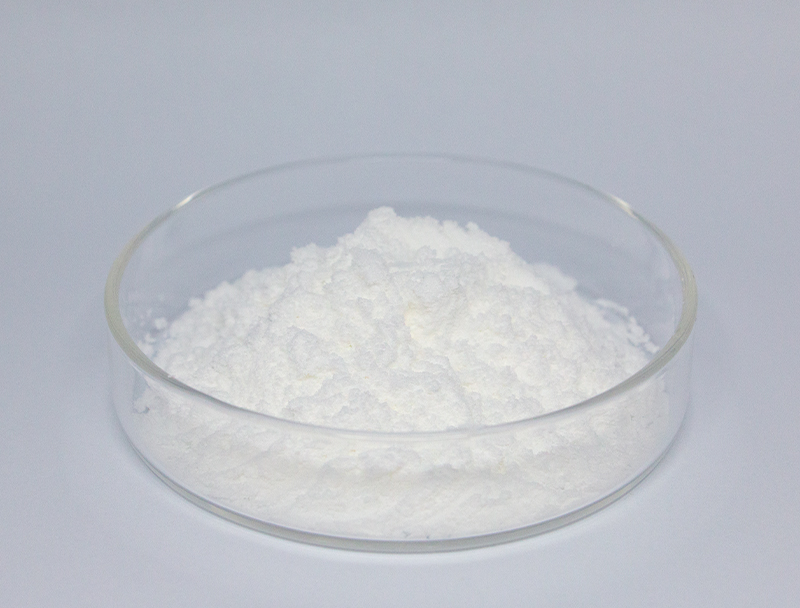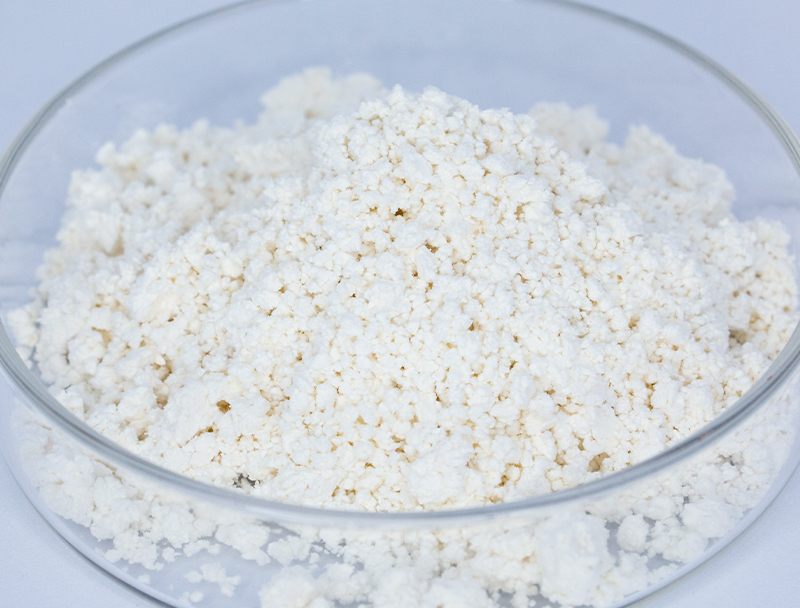
Industrial biosynthesis counts extensively on an extensive collection of primary inputs to manufacture advanced biological products.
Protecting environmentally mindful sourcing is indispensable to sustainable success and conscientious scaling.
a range of complications linked to historic procurement practices including biodiversity loss and excessive resource use. Therefore, producers should prioritize ethical sourcing models to curtail ecological damage.
- Illustrations of eco-conscious sourcing involve:
- Harnessing secondary biomass from farming outputs
- Implementing closed-loop systems to minimize waste and maximize resource efficiency
- Forging alliances with neighborhood suppliers supporting green sourcing
Such a move to ethical procurement delivers ecological gains and commercial returns over time.
Optimizing Biomass Feedstocks for Enhanced Biofuel Production
Advancing fuel production depends on feedstock consistency and composition. Research teams persist in studying techniques to boost feedstock performance, leading to higher yields of biofuels and a more sustainable energy future. Initiatives integrate bioengineering to scale biomass production and pretreatment workflows to free fermentable sugars.
- Additionally, researchers are focusing on identifying new sources of biomass, such as algae, waste products, agricultural residues, to expand the range of sustainable feedstocks available for biofuel production.
- Owing to ongoing work the biofuel domain is primed to reach substantial milestones advancing renewable energy adoption.

Next-Generation Upstream Methods in Biopharmaceuticals
covers the early phases of biopharma production including culturing and biological harvesting Current advancements have streamlined operations and improved bioproduct yields.
Salient improvements involve specialized expression hosts, fine-tuned media strategies, and next-gen bioreactor concepts. The improvements increase output while decreasing cost structures and sustainability impacts.
- In addition, momentum toward nonstop processing offers improved flexibility and optimized operational flow.
- This transition to advanced manufacturing techniques is set to transform the sector and accelerate therapeutic timelines.

Next-Gen Gene Editing for Enhanced Protein Expression
developments in targeted genetic engineering methodologies have modernized drug manufacturing. Through controlled genetic modifications, practitioners increase therapeutic protein production. Such strategies offer promise to create cost-effective, high-efficiency therapeutics across many disease areas.
Microbial Biotechnology as a Sustainable Cleanup Strategy
cutting-edge microbial approaches that remediate contamination sustainably. Certain microbes have capacities to biotransform contaminants into nonharmful forms.. Tapping into these capabilities enables green remediation tactics to restore ecosystems affected by industrial contamination.. Laboratories test microbial species for efficacy against metals, pesticide pollutants, and oil-related contamination. They can be integrated into bioreactor platforms or introduced in the field to stimulate microbial breakdown of hazardous compounds..
Using microbes for cleanup carries distinct advantages compared with chemical or physical remediation approaches. This method provides a low-cost, low-waste alternative to conventional remediation. Moreover, microbes can be tailored to address specific pollutants with minimal impact on non-target organisms. Research efforts persist to upgrade the potency and implementation of microbial remediation strategies.
Bioinformatics' Impact on Drug Design
Informatics platforms are essential to current drug discovery and development pipelines. By screening targets and refining candidate molecules, informatics drives faster, evidence-based development.
- By analyzing vast datasets of genomic, proteomic, and clinical data, bioinformaticians can uncover novel drug targets and predict the activity of potential therapeutics.
- Likewise, computational docking and dynamics help design molecules with improved target engagement and potency.
- Finally, bioinformatics is revolutionizing the drug discovery and development process, accelerating the time to bring safe and effective treatments to patients in need.
Fine-Tuning Metabolism to Maximize Bioproduct Synthesis
utilizes multiple approaches to enhance production of desirable bioproducts in cells. Techniques span CRISPR-mediated edits to reshape pathways, synthetic control elements to fine-tune expression, and gene imports to grant new biosynthetic abilities.. By refining pathway flux and regulation engineers can significantly raise bioproduct production.
This comprehensive strategy could transform numerous sectors such as pharmaceuticals, farming, and renewable energy.

Scale-Up Challenges and Prospects for Biopharmaceuticals
Scaling up biopharmaceutical production presents both significant challenges and exciting opportunities. Maintaining consistent GABA product attributes with scale-up remains a central difficulty. Overcoming this requires advanced process control, continuous monitoring, and sensitive analytical platforms.

Process intricacy spanning various stages creates significant scale-up complexities.. Translating lab methods into scalable operations needs heavy research and technology breakthroughs.. Yet, the returns can be substantial. Skilled scaling can enlarge supply, lower prices, and increase profit potential.
Different initiatives are progressing to solve scale-up constraints. Programs comprise advanced optimization systems, real-time process monitoring tools, and innovative production strategies.
- Innovation programs are essential to expand production competencies.
- Regulatory agencies are working to streamline approval processes for new manufacturing technologies, facilitating innovation in the field.
Exploring Approval Frameworks for Biopharmaceutical Safety and Effectiveness
Manufacturing biopharmaceuticals entails detailed regulatory processes to copyright safety and clinical performance. Biopharmaceuticals, often derived from biological sources, present unique challenges compared to traditional medications.
Bodies like FDA and EMA shape the regulatory landscape and set benchmarks for evaluating innovative therapies..
Meticulous validation protocols are enforced from preclinical validation to long-term post-market evaluation.. These steps are designed to surface risks and verify that biopharmaceuticals comply with elevated safety thresholds..
Concurrently, regulatory organizations fine-tune methods to remain compatible with quick scientific advancements. Initiatives cover incorporating new methods and supporting faster development while ensuring patient protection.

Plant-Derived Inputs for Next-Gen Bioplastics
The expanding market for green materials prompts increased R&D into bio-based solutions. Bioplastics derived from plant biomass provide a viable route to more sustainable plastic alternatives. Plant inputs like corn-derived starch, cellulose derivatives, and sugarcane can be turned into degradable plastics that lessen environmental burdens.
Furthermore, these bioplastics often possess comparable properties to their petroleum-based counterparts, making them suitable for a wide range of applications.. Continuous development will unlock plant biomass value for sustainable bioplastic production and support circular systems.
Biotech's Role in Improving Global Health and Agricultural Resilience
Biotechnology has emerged as a powerful tool with the potential to revolutionize global health and address food security challenges. With genetic tools, engineered biological systems, and regenerative cell approaches, experts craft interventions to manage diseases, enhance agriculture, and fortify nutrition.. One example is bioengineered crops that withstand pests and stressors, enabling higher yields with less pesticide input.. Furthermore, biotechnology supports creation of vaccines, therapeutic agents, and advanced diagnostics that strengthen responses to infectious threats and enhance health outcomes.. As innovations mature, biotechnology can provide meaningful contributions toward global health and resilient food supplies for future generations.
